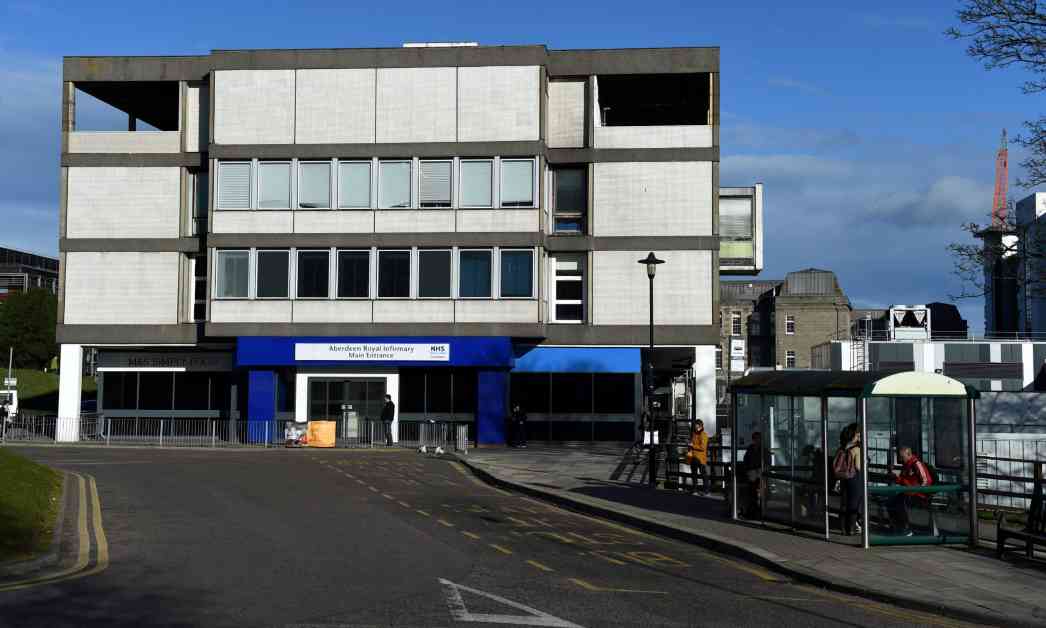NHS Grampian Struggles with £20 Million Tax Hike
NHS Grampian, a vital health board in Scotland, is grappling with a significant financial burden due to a £20 million increase in employers’ National Insurance. This unexpected expense is projected to impact the health board in the upcoming fiscal year of 2025-26, adding strain to an already tight budget. The Scottish government is currently in discussions to determine the extent of support they can offer to alleviate this sudden financial pressure. However, the rising costs are expected to escalate further in conjunction with staff pay increases.
The Financial Struggle of NHS Grampian
In a recent report, it was revealed that NHS Grampian is facing a budget deficit of £140 million in the next financial year, even before identifying any potential savings. This staggering shortfall signifies a pressing need for transformative changes within the system to bridge the financial gap. The magnitude of the required savings implies that a single year may not be sufficient to achieve the necessary fiscal balance.
Unpacking Labour’s Tax Plans
The tax hike stems from Labour Chancellor Rachel Reeves’ announcement of an increase in employer National Insurance contributions from 13.8% to 15% in April. Additionally, the threshold for employers to begin paying these contributions is being reduced from £9,100 to £5,000. This decision has sparked concerns, particularly for NHS Grampian, the largest employer in the north-east region with approximately 17,500 staff members. The additional £20 million in costs would equate to sustaining 40 acute beds for a year in the north-east, highlighting the substantial impact of this tax increase.
Political Responses and Ongoing Discussions
The total anticipated extra cost for Scottish health boards is estimated to be around £191 million, pending further financial assistance from the SNP government. Notably, North East Conservative MSP Tess White criticized Labour’s tax hike as shortsighted, emphasizing the detrimental effect it would have on the health board’s financial stability. On the other hand, SNP Health Secretary Neil Gray assured that discussions are ongoing regarding the implications of the increased employer contributions. He underscored the necessity of seeking adequate support to mitigate the adverse impact on public services in Scotland.
Navigating Financial Challenges
Amidst these financial uncertainties, NHS Grampian remains focused on addressing the looming fiscal challenges. The health board’s spokesperson acknowledged the significant financial hurdle ahead while emphasizing the importance of examining various savings options. Balancing financial constraints with patient care priorities poses a complex dilemma for NHS Grampian, requiring careful consideration and strategic decision-making to safeguard essential healthcare services.
In response to these concerns, a UK Treasury spokesperson highlighted the substantial financial allocations made to Scottish public services in the autumn budget. Despite this support, the onus remains on the Scottish Government to effectively distribute these funds across the public sector and meet the diverse needs of the population. As discussions continue, the pressure on NHS Grampian to navigate these financial obstacles persists, underscoring the critical importance of effective financial management and resource allocation in ensuring quality healthcare services for all.












